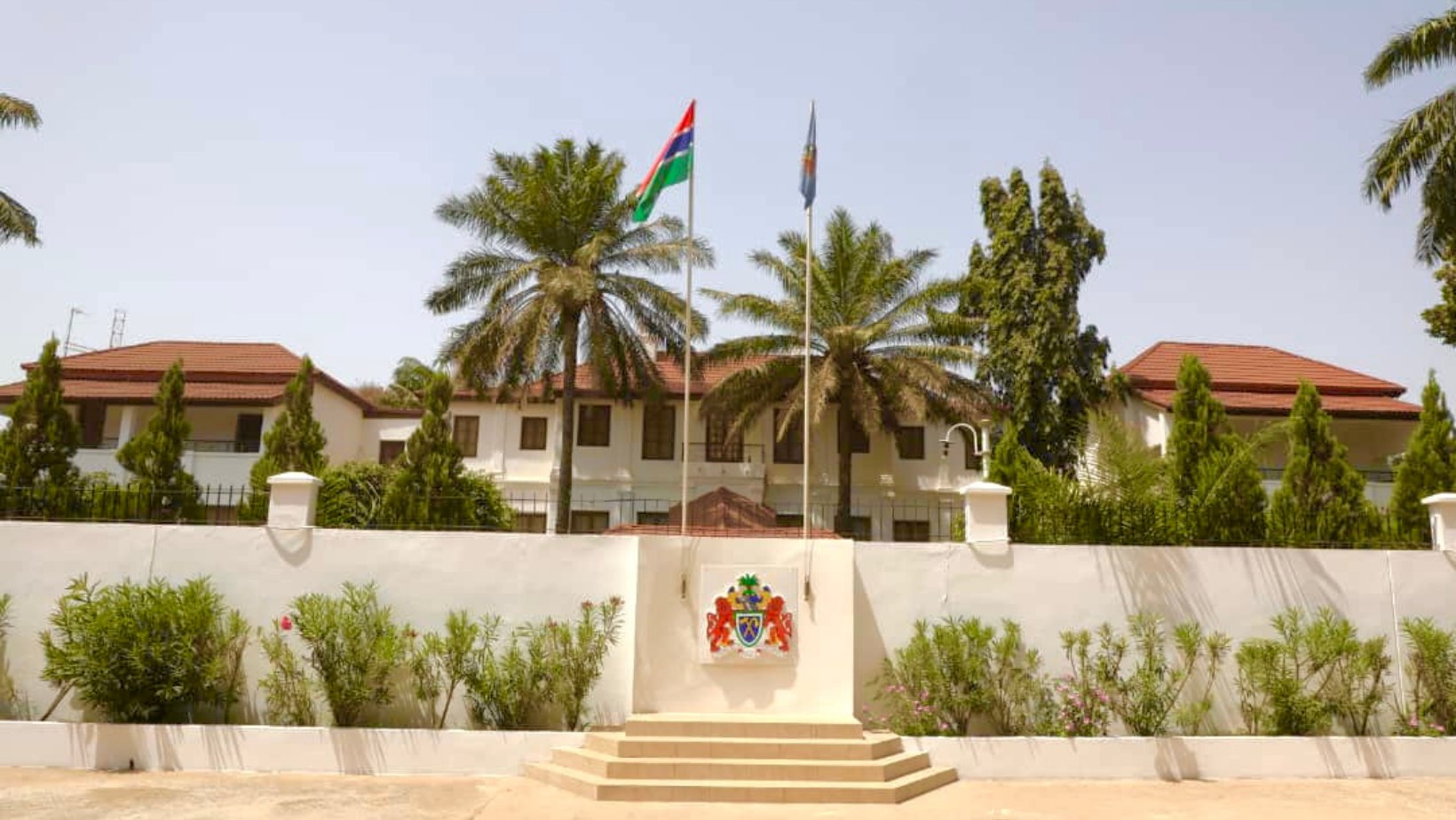Gambiaj.com – (BANJUL, The Gambia) – The Gambia’s constitutional reform process has once again hit a major hurdle following the National Assembly’s rejection of the 2024 Draft Constitution on July 7, 2025. However, the government says its quest to overhaul the country’s governance framework is far from over – signaling a shift in strategy toward constitutional amendments and alternative reform mechanisms.
In a sense, The Gambia’s government plans to pivot toward constitutional amendments and alternative routes to reform after its latest draft constitution was blocked by lawmakers – signaling that the battle over the country’s governance future is far from over.
In a statement issued by the Ministry of Justice on Tuesday, the government acknowledged the failure of the Constitution of the Republic of The Gambia (Promulgation) Bill 2024 to secure the required three-quarters majority in parliament.
The bill received 35 votes in favor and 21 against, falling short of the necessary 44 votes to move to the consideration stage. One National Assembly member was absent during the vote.
The government described the defeat as a “setback to national efforts aimed at establishing a transformative constitutional framework to strengthen democracy, entrench the rule of law, and advance transitional justice.”
Nonetheless, it vowed to persist, emphasizing that constitutional reform remains “unwavering” in its agenda.
The draft’s rejection raises questions about the future of constitutional reform in The Gambia – a process that began in 2017 with the establishment of the Constitutional Review Commission (CRC). The CRC’s first draft, submitted in 2020 after extensive public consultations, also failed to gain sufficient parliamentary backing.
The government then turned to international mediators, including the International Institute for Democracy and Electoral Assistance (International IDEA), to help resolve political divisions and rework the draft.
According to the government, the 2024 draft reflected the outcomes of these mediation efforts, incorporating compromises intended to increase its political acceptability. A claim strongly disputed by the opposition and civil society organizations.
However, the draft’s rejection suggests that deep-seated disagreements over the country’s future governance structure remain unresolved within the National Assembly.
Going forward, the government has outlined two broad options for advancing constitutional reform. One option is to continue working with international mediators to facilitate dialogue and reach a consensus on key issues. The other option is to hold a national referendum to allow the people to directly vote on the proposed constitutional changes.
Amendments to the 1997 Constitution
The government is considering initiating amendments to the current constitution. While this approach lacks the sweeping overhaul envisioned by the failed draft, it could target specific reforms that enjoy broader political consensus.
Exploration of Other Legal Mechanisms for a Referendum
The government also hinted at the possibility of pursuing other procedural mechanisms to take the matter directly to the Gambian people via a referendum. However, it remains unclear how such a path could bypass legislative roadblocks without parliament’s approval for a referendum.
Both approaches have their challenges, but ultimately the goal is to find a solution that can bring stability and unity to the country. It is clear that further efforts are needed to bridge the divide and ensure a peaceful and sustainable path forward for the nation.
In the interim, the government expressed gratitude to local institutions such as the CRC, National Council for Civic Education, National Human Rights Commission, and civil society groups like Gambia Participates, as well as international actors including the UNDP, EU, and International IDEA for their support throughout the process.
Though disappointed, officials maintain that reform remains essential to address The Gambia’s authoritarian past and build a democratic future. However, with two failed attempts within five years, observers say the government now faces the difficult task of rebuilding political consensus and convincing a skeptical parliament – or the nation itself – on the next constitutional step.










